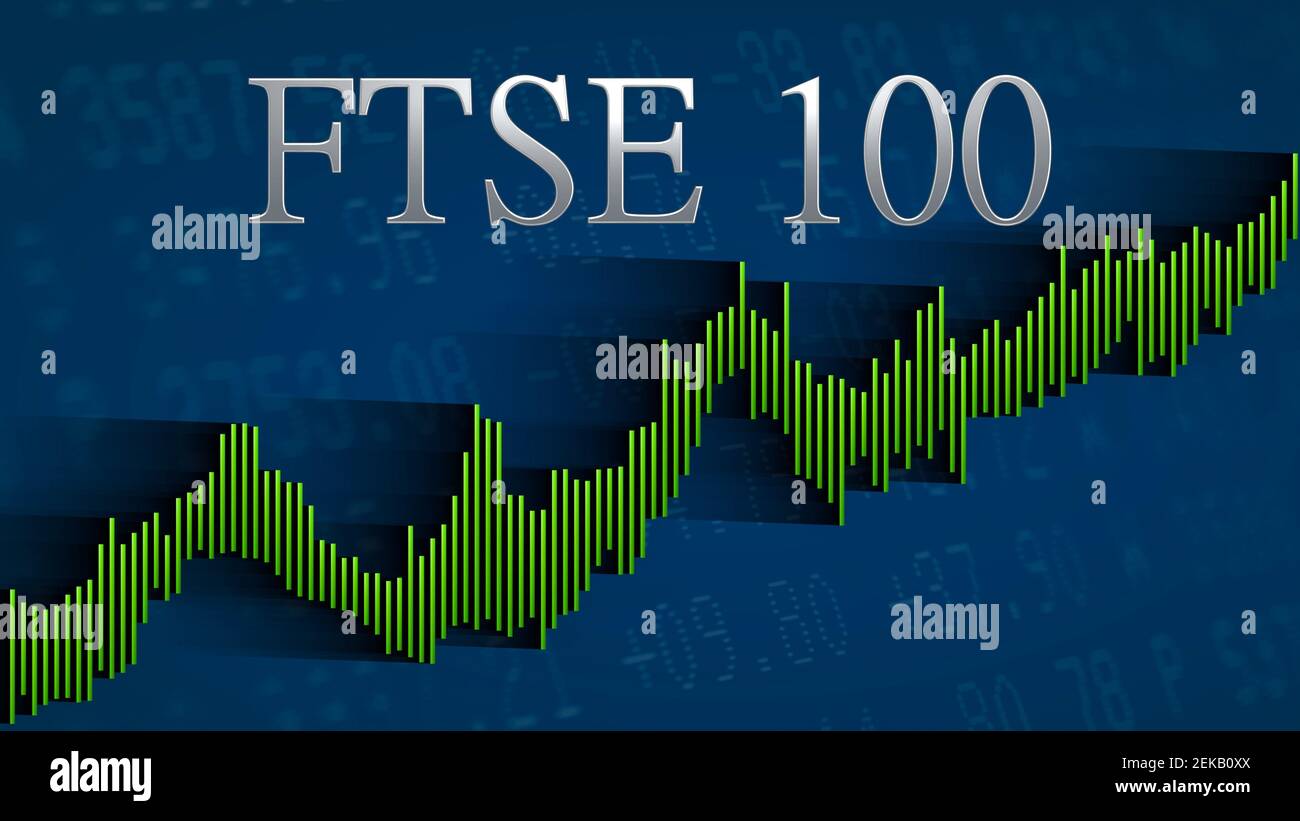
By Daniel Wesonga
South African equities are attempting to regain stability following a sharp downturn, with the JSE FTSE Top 40 index breaching the key support level of 80,000 and now trading just below 75,500. Market breadth remains mixed, reflecting investor uncertainty. Sector performance was mixed, with electronic technology leading gains, advancing 17.94%. Non-energy minerals and process industries also posted positive returns of 3.08% and 2.52%, respectively. Conversely, the energy minerals sector declined 3.23%, while utilities and consumer non-durables fell 2.16% and 1.42%. In the financial sector, Firstrand rose 2.57%, Standard Bank Group added 3.08%, and Capitec Bank Holdings gained 1.88%.
Political developments continue to weigh on investor sentiment. Domestic concerns around the stability of the Government of National Unity (GNU) have intensified, particularly after the Democratic Alliance (DA) challenged the proposed 0.5% increase in value-added tax. The legal opposition to the fiscal framework has highlighted divisions within the coalition, raising fears of potential fragmentation.
Meanwhile, considering escalating global trade tensions, South Africa is also repositioning its international trade strategy. Deputy President Paul Mashatile reaffirmed the country’s commitment to expanding relations with India, China, and the European Union in response to newly imposed U.S. tariffs. Whilst ruling out retaliatory measures, the government is focused on diplomatic engagement and structural reforms aimed at improving fiscal efficiency and governance. However, ongoing political disputes and legal challenges continue to cloud the outlook for the domestic equity market, suggesting that sustained recovery will depend on greater policy clarity and coalition cohesion.
Wesonga is Senior Sales Manager at Pepperstone













